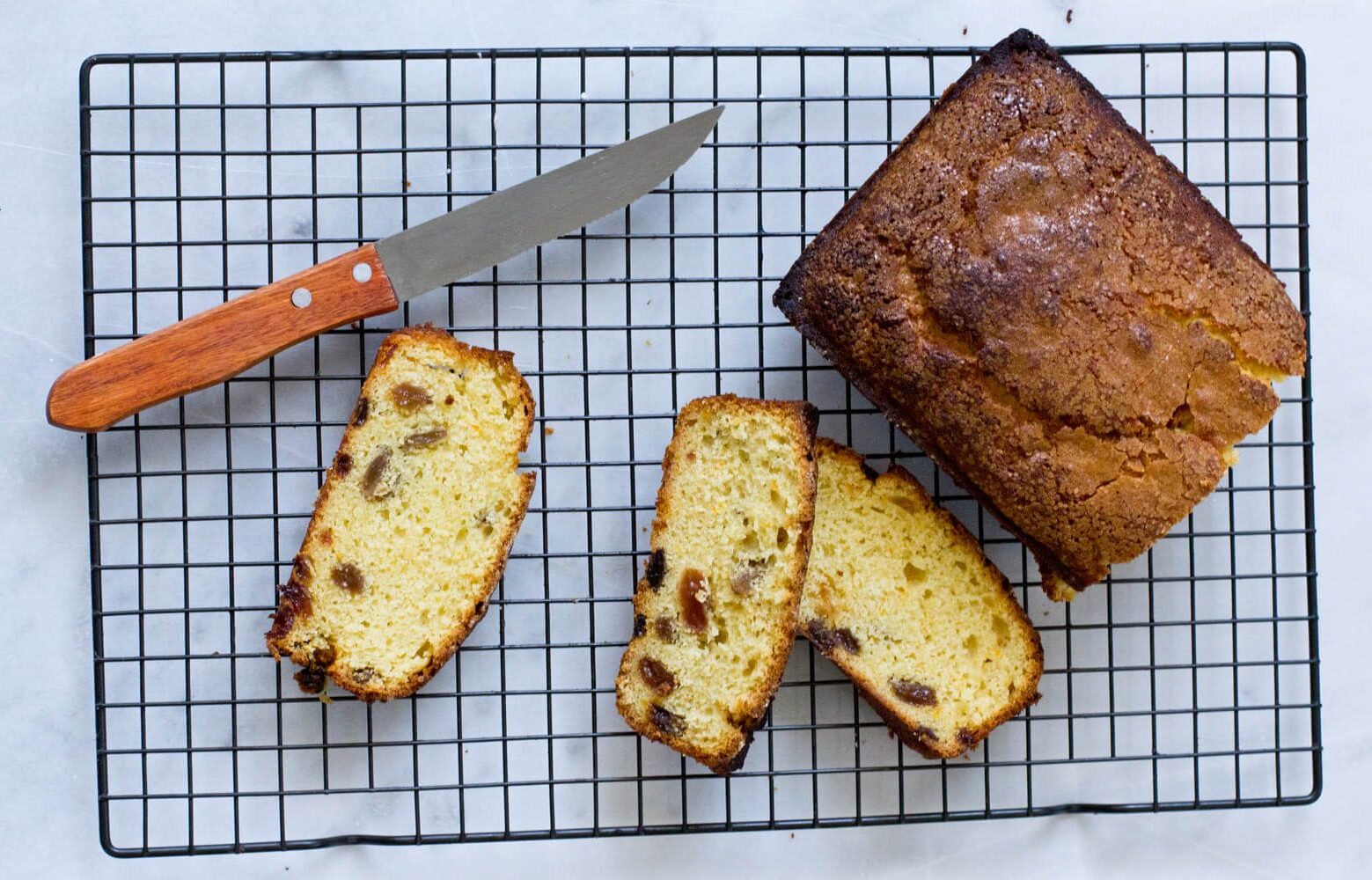Amidst the vibrant chaos of a Lahore food street, aromatic spices and sizzling meats entice patrons, while skilled chefs navigate fiery grills and kardhais, weaving a tale of flavours and cultural fusion, recalls Azam, exclusively for Different Truths.
Spices exploded in airbursts.
It’s a tale of Padree Kardhai Gosht or stir-fried pastor – a foodie from Peshawar.
Meat sizzling on wood and charcoal released its aromas in bursts of flame and smoke. Pupils reddened and dilated from the rising smoke and masala spices, the karigar artisans’ dexterous hands dared third-degree burns from their sigri barbecues, or battlefield wounds from their razor-sharp cleavers and long knives they handled with eye-dazzling speed, heads and shoulders moving to raunchy item songs at high volume. People strolled around, their eyes roaming restlessly to select the dishes for their evening out. There were groups of young men and some families, but no unaccompanied women or mixed groups of youth.
This was one of the pedestrian precinct food streets of Lahore, where culinary maestros had been incentivised to relocate to a series of outdoor kitchens on either side of the street, serving their patrons at open-air tables and seats under colourful parasols.
Under the garish, movie-set lights and cosmetically restored wooden balconies, Bolly and Lollywood musical hits border-hopped to hug in joyful cacophony, trumping their politicians’ failure. Groups of friends and families had started occupying the tables. Their cheerful voices floated on the charged air and waiters with tea towels over one shoulder darted nimbly from kitchen to customer, often shrugging to the music while keeping their trays rock steady.
On a lopsided board, one of these kitchens displayed ‘Namak Mandi Peshawar Original Kardhai Gosht’…
On a lopsided board, one of these kitchens displayed ‘Namak Mandi Peshawar Original Kardhai Gosht,’ over crudely painted, crossed 7.62mm Kalashnikov rifles, announcing the kitchen’s authenticity by laying claim to Peshawar’s kardhai gosht Eden.
One of the Namak Mandi tables was occupied by a group of male friends sipping coke on ice. The staff spoke to each other in Pushto and to the patrons in accented, though watered-down Saraiki. In spotless white shalwar kameez, and a grey waistcoat, Shandar Khan Afridi, the moustached and bearded owner, stood on the raised platform, next to a rickety little table with dessert sparklers laid on it.
His eyes scanned the street without missing a trick, as they had when he was one of the Pakistani Mujahids fighting the Soviets in Afghanistan, trained by the Pakistan army, and underwritten by the CIA. Though a civilian now, he was still a pay-per-view mukhbir (informant) for the CIA and Pakistani intelligence — pocket money to buy presents for Nur Bano, his curvaceous wife.
Shandar Khan Afridi picked out the strolling couple as easily as he used to spot the Russian Army’s Spetsnaz scouts preceding a patrol, before taking them down with a single headshot from his French 7.62mm FR-F1 sniper rifle. Afridi had the shoulders and legs of a wrestler and boxer, cheeks smooth, well-fed, well looked after, just like those of the delectable Nur Bano. Decision made, Shandar Khan lit a sparkler and raised his hand to highlight the ‘Namak Mandi’ sign. From the couple’s quickened pace, he knew he’d got them.
“Hai, look at that,” Elizabeth ‘Libbo’ Lal Din, flicked her chin at the lit-up sign. “Namak Mandi’s a famous Peshawar Kardhai Gosht street, isn’t it?”
Pastor Charles Lal Din nodded to his wife.
Pastor Charles Lal Din nodded to his wife. “The one and only! Bishop Saab was talking about it the other day. He’s a real foodie and from Peshawar!”
“The size of him,” Libbo giggled.
“He said these kardhai gosht dishes in Lahore and Karachi, cooked with onions and tomatoes, even cream, often made in pressure cookers, are just bhuna gosht served in a kardhai.”
“Haan-jee, look around you — there — nice shiny round-bottomed kardhahis, hillocks of tomatoes and onions and pressure cookers hissing on the stoves!”
“Sacrilege!” Pastor Lal Din growled.
The Namak Mandi signpost loomed over them, and Shandar Khan lithely hopped down, folded both hands over his heart and said in his Pashto accent: “As-Salam Aleikum, khushamded,” to welcome them.
Next to the Lal Din’s table, the trilingual conversation of the four lads in Punjabi, Urdu and English was interrupted by their order brought by the young Pathan waiter who took lithe, mincing steps, his eyes made up with black Surma antimony.
Libbo and Charles exchanged smiles.
The smell of grilled lamb from the platter reached their nostrils…
The smell of grilled lamb from the platter reached their nostrils just as their appreciative smiles were noticed by the lads.
Shandar Khan, hovering in the space between the two tables, explained to Libbo and Charles. “It’s a starter. Lamb riblets were just rubbed with rock salt from the khewra mines and grilled over charcoal. Their kardhai gosht has started,” he gestured at one of the two karigars vigorously stirring the contents of a large round-bottomed kardhai over the intense flame of hard coal. “We add pieces of kapoora sweetbread to the order. It will cook before the meat, we’ll serve it and after tasting it, if need be, they’ll tell us to adjust the salt and masala spices.”
His back to the customers, another karigar was bent over his tandoor with two skewers — one a hook, the other a spatula. He hooked a nan he had spread on the dampened cushion and slapped on the clay wall of the 350° convected-heat tandoor. With the spatula, he loosened the nan’s grip on the tandoor wall without damaging the clay surface and brought it out with the hook. As each nan came out with dazzling speed, his assistant slathered it with clarified butter ghee, using a piece of cloth folded over several times — a toomba —dipped in a bowl of ghee.
The ‘Namak Mandi’ kitchen served fresh, hot nans with a ghee chopurdh to accompany the meal. A refrigerated glass case displayed firni, kheer, shahi tukrdha and ras malai for dessert. Next to it was a White Rose freezer filled with ice cream, kulfi and kulfa.
“Hai, that’s real custom cooking, Khan Saab,” Libbo said with her usual grace.
“Your servant, Begum Sahiba. Now, would you like to choose your meat?” He indicated the goat and lamb carcasses hanging from hooks the entire length of the eatery.
“Khan Saab, who better than you to serve us a kilo of the best putt’h,” he said, choosing loin, their favourite cut of lamb-on-bone.
“Wah Saab, well chosen. You know your meat. Our gosht is all from the fat-tailed Balkhi sheep of Kaghan, bred at around 2000 metres. And we cook the kardhahi in the fat deposited in their round tails.”
Libbo waggled her head in appreciation…
Libbo waggled her head in appreciation, muttering hai-hai.
A young couple and their three adolescent children browsing Food Street stopped by them.
“Salaam, Padree Saab,” the man said, using the usual Christian abbreviated greeting. “Nice to see you here.”
“Salaam, Salim Bhatti Saab.”
There was a chorus of greetings and polite exchanges with the rest of the family before they ambled past.
“I didn’t know you were a Padree Saab,” Khan said. The smile stayed on his mouth but receded in his eyes. “It doubles the pleasure of serving you.”
“Thank you for your courtesy, Khan Saab.”
“Would you like to start with riblets?”
Charles looked at Libbo.
“Maybe another time,” she said. “We’ve already ordered a kilo of meat for the two of us!”
Libbo’s eyes followed him like a hawk circling its prey.
Khan nodded in approval and went off to supervise their order. Libbo’s eyes followed him like a hawk circling its prey. She was determined to record every single stage of the cooking in her photographic memory.
One of the young men at their neighbouring table turned to them.
“Padree Saab, I’m Simon, pleased to meet you.”
Libbo’s ears opened wide to the conversation, but her eyes were glued to the kareegar artisan’s hands moving at breathless speed, next to the kareegar who was preparing the lads’ order.
Shandar Khan, wielding a large butcher’s knife, carved a chunk of loin from a hanging carcass and threw it on the scales. They tipped, but not enough. He sliced another piece and they levelled. In his combat veteran’s peripheral vision, he spotted the pastor’s eyes on him. Well, they had their full kilo, Alhamdulillah!
Libbo’s vision recorded their karigar’s cleaver with the shutter speed of a camera capturing spinning helicopter rotors, which gave the optical illusion of turning in slow motion.
The cleaver in their karigar’s hand blurred Libbo’s vision until their kilogram of puth was reduced to two-inch square lamb botis.
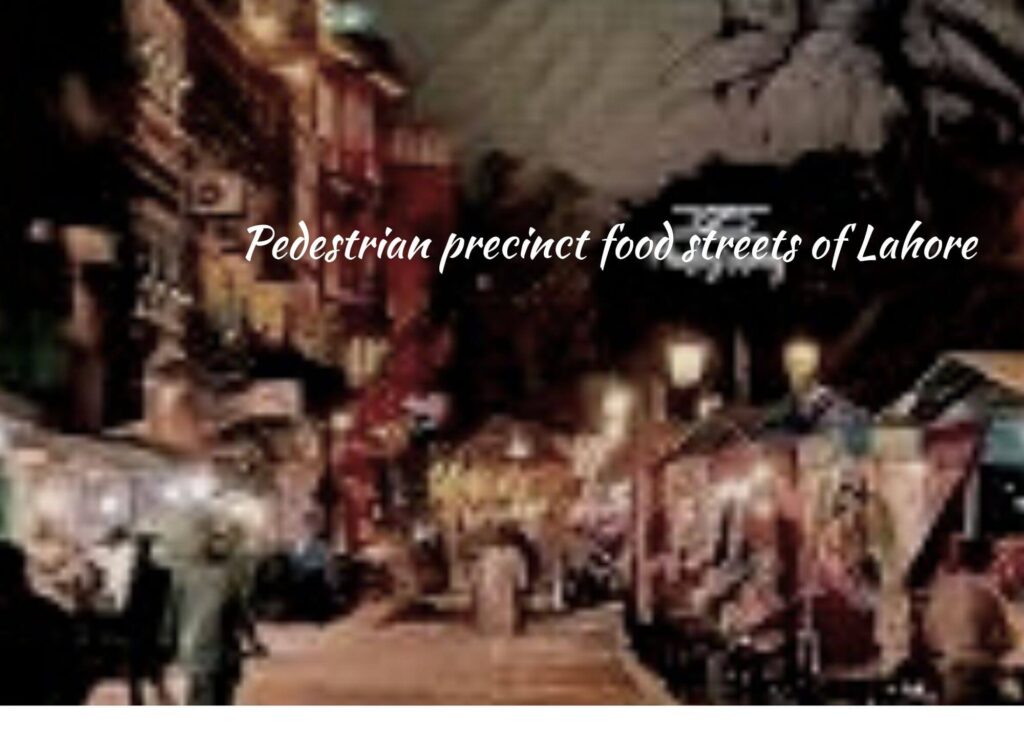
The cleaver in their karigar’s hand blurred Libbo’s vision until their kilogram of puth was reduced to two-inch square lamb botis. He reached up for one of the hanging kardhais and, in a single blur of movement twirled it on his forefinger, flicked it in the air, caught it on his palm, flipped it up, caught it by one of its handles and gently laid it on the cooking grill over glowing hard coal.
The introductions and initial pleasantries over, one of the lads, with a slicked-down ponytail and Birmingham’s Brummie accent, asked. “Padree Saab,” with the hard English ‘d’. “Why does everybody in Lahore call a balti a kardhai?”
The lads waited attentively.
Charles and Libbo laughed her eyes on the karigar.
The karigar scooped a large spoonful of what Libbo knew came from the round fat-deposit tail of a Balkhi lamb. It sizzled in the hot kardhai, the aroma drifted to her nostrils, and they flared slightly. She gave an imperceptible sigh. As the smoke rose from the fat, the karigar chucked in the meat and, a spatula in each hand started tossing it around.
The limpid-eyed waiter laid the lads’ order on the table, chest puffed out.
The limpid-eyed waiter laid the lads’ order on the table, chest puffed out. A large kardhahi with about four kilos of spice-coated lamb botis glistening in lamb fat. There were sides of crudites, yoghurt and mango achar pickle. The egg-washed roghni nans, their dough made with milk, butter and saffron, were sprinkled with sesame seeds, and covered with a gleaming ghee chopurdh.
“Did your parents immigrate to the UK from Mirpur or nearby?” Charles asked the Brummie.
The lads waited for the sputtering hiss of the kardhai to settle.
“Yeah, Mirpur itself. What’s that got to do with it, sir?”
“Everything. What do Mirpuris fry their pakoras in?”
“A balti —”
“— kardhai,” the others chorused and then it suddenly dawned on them.
“So, the Mirpuris call a kardhahi a balti,” Simon said.
“Yes! And many of the Pakistani-origin immigrants in Birmingham are from the Mirpur area. And they’re the ones who started ‘balti’ houses.”
Charles was pleased to notice how Simon quickly shut his eyes for a few seconds — saying grace…
As the lads started serving themselves, the Kardhai, in response to the Brummie’s “bismillah”. Charles was pleased to notice how Simon quickly shut his eyes for a few seconds — saying grace as his mum had taught him.
Libbo appreciated how evenly the karigar sprinkled the salt and spices he spooned up from a line of small bowls. As the aroma reached their nostrils, Charles noticed his wife’s eyes getting dreamy and smiled inwardly. Her sensuality always got to him. They were both susceptible to good food.
The antimony-eyed waiter interrupted their banter with a small plate sizzling with lamb sweetbread.
“Masala testing, jee,” he said, and stood expectantly, while Charles and Libbo blew on a morsel each, then popped it in their mouths.
“A little more green chillies,” Charles said.
“And a pinch more of coriander powder, with a sprinkle of crushed ajwain (carom seeds) when you simmer the meat,” Libbo added.
Libbo saw the karigar adjusting the spices to their taste, then continued stirring the meat with renewed vigour.
Libbo saw the karigar adjusting the spices to their taste, then continued stirring the meat with renewed vigour. She could see chopped green chillies, rashers of garlic and ginger and chopped fresh coriander lined up in a series of transparent glass bowls. Without removing her attention from the swirling conversation, her eyes locked on the karigar’s technique. He started exerting more force on the spatulas and she knew the meat botis had started sticking to the kardhai. He put a lid on the kardhai and moved it over a less intense bed of coals next to it. He wiped his hands on his apron, and then, holding the kardhai by both handles, made circular motions to whirl the botis inside it. From his smile, she knew he’d taken it off the intense flame at the right moment. It was almost done, but would now finish on a gentle dumm, simmering in its own steam. Her tummy rumbled in anticipation. Charles heard it and had to stop himself from giggling.
They were listening to Simon.
“This part of Lahore was known as Gawal Mandi, or the milk sellers’ market, run mainly by the pastoral Gujjars. At the other end is Lakshmi Chowk, then Abbot Road, lined with cinemas, so we call it Lahore’s Broadway.”
And just then, the Lal Din’s kardhai was ceremoniously laid on the table and it was no time to talk.
The spices had penetrated each boti, swollen with its juices seared in, the overflow mixed with the lamb tail fat, spices, and rashers of green chillies, ginger and garlic to form a rich gravy, sprinkled with chopped green coriander.
“Paradise,” she whispered, dreamy-eyed and Charles’ eyes smoked over. They dug into the paradise that was theirs, anticipating the aftermath.
The waiter thanked Libbo and Charles profusely for the generous tip…
The waiter thanked Libbo and Charles profusely for the generous tip, Shandar Khan accepted an additional appreciation on behalf of their karigar and folded his hands across his heart to the Lal Din’s appreciative words. He noticed Charles’ swagger and Libbo’s hip-sway — then had a vision of his wife — high-spirited Nur-Bano. On impulse, he decided to delegate this evening’s management to Ghani, his head karigar, and hurry home with ras malai, Nur-Bano’s favourite dessert. His movements quickened.
As did his breathing — imperceptibly.
Picture design by Anumita Roy

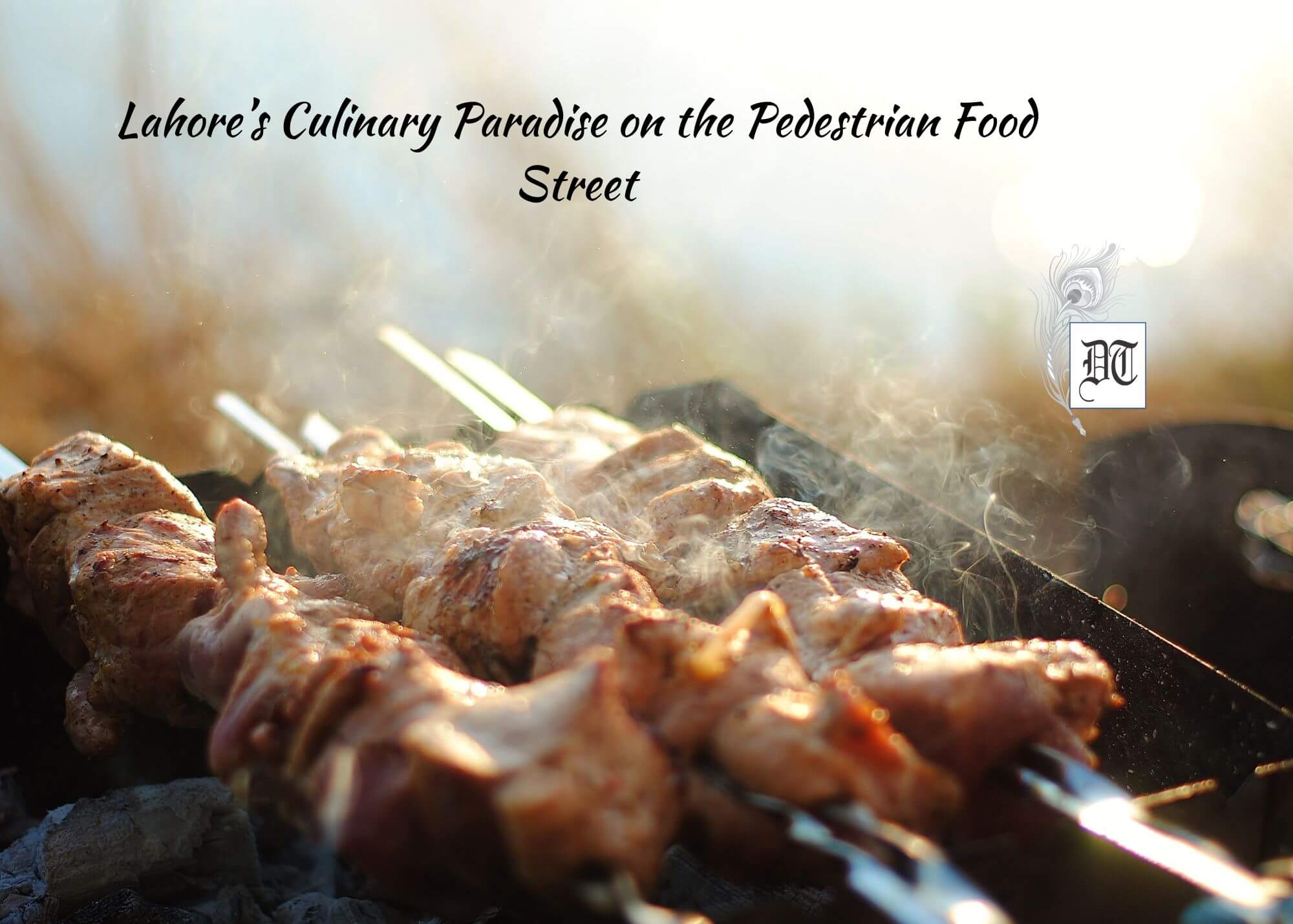
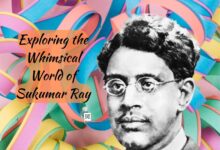

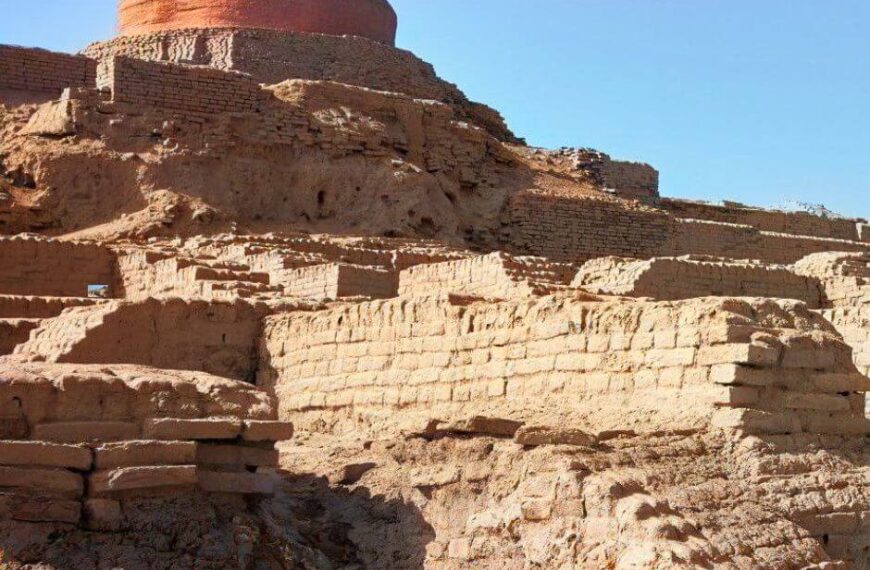
 By
By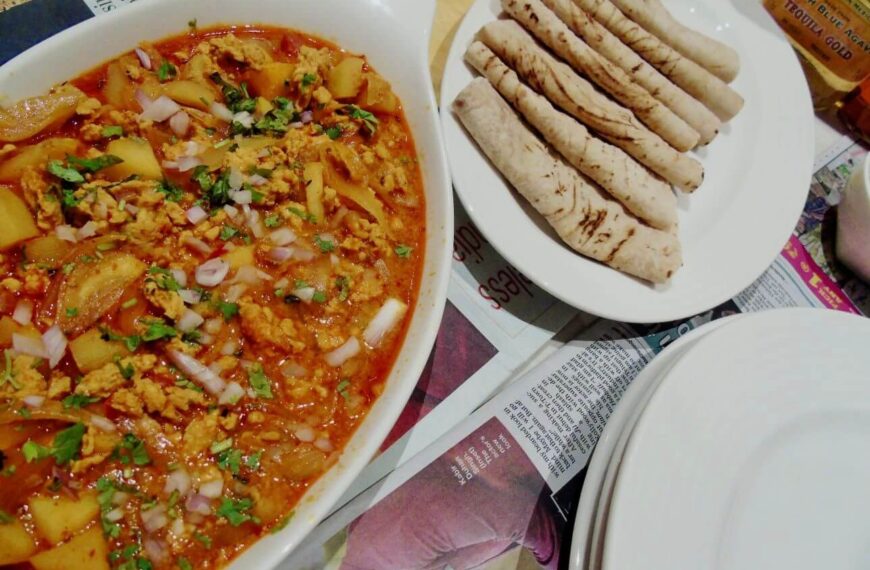

 By
By